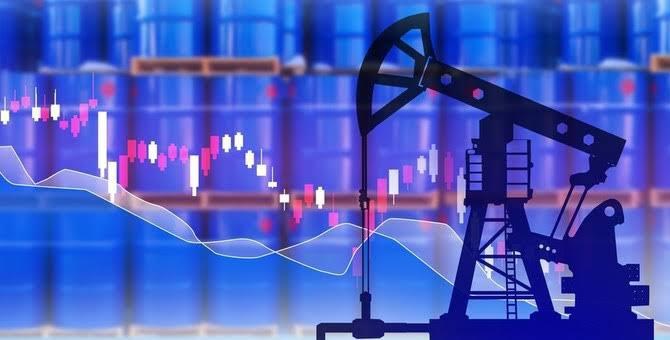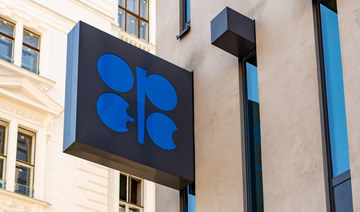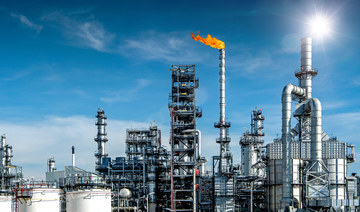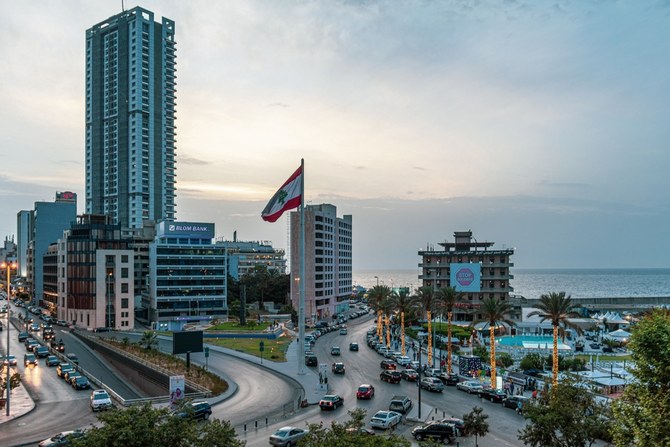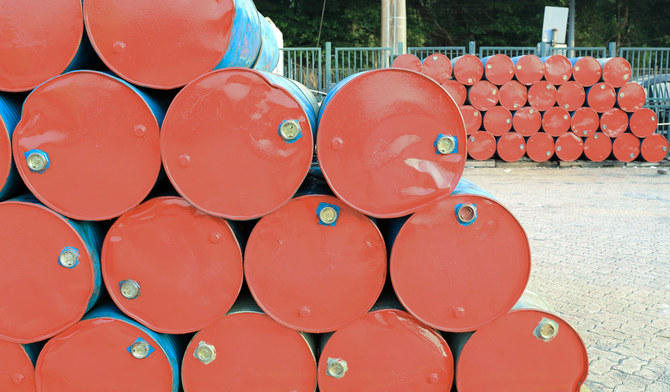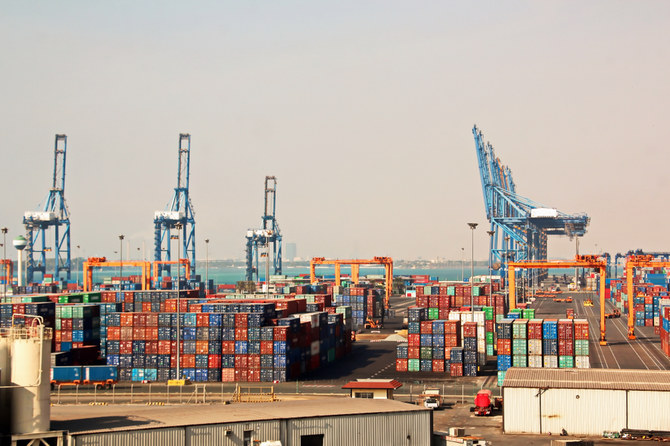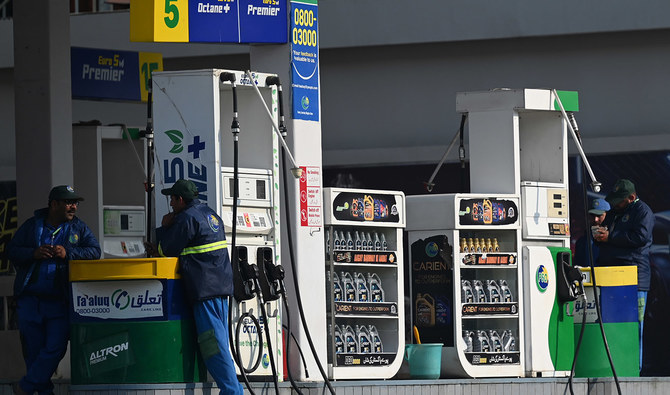RIYADH: Saudi Arabia’s non-oil exports, including re-exports, saw an annual increase of 3.3 percent in the first quarter of this year, official data showed.
According to the latest report released by the General Authority for Statistics, the value of re-exported goods increased by 31.5 percent during the same period, while national non-oil exports, excluding re-exports, decreased by 5.2 percent.
The value of merchandise exports in March increased by 4.9 percent compared to the previous month.
However, it declined by 5.7 percent in the first three months of 2024 compared to the same period in 2023, primarily due to an 8.3 percent decrease in oil exports.
Chemical products constituted 25.1 percent of the total non-oil exports, recording an 18.3 percent decrease compared to the first quarter of 2023. Plastics, rubber, and their products followed, making up 22.8 percent of total non-oil exports, with a 0.6 percent decrease compared to the same period.
Machinery, electrical equipment, and parts, constituted 22.7 percent of total imports, falling by 5.4 percent compared to the first quarter of 2023. This was followed by transportation equipment and parts, which represented 13 percent of total imports, with a 21.7 percent decrease.
In a separate bulletin, GASTAT highlighted that non-oil exports and re-exports in March rose by 2.9 percent compared to February, and slipped by 0.8 percent compared to March 2023.
While national non-oil exports, excluding re-exports, saw an annual decrease of 6.3 percent in March, the value of re-exported goods increased by 17.6 percent during the same period.
During the first quarter of 2024, the proportion of oil exports out of total value declined from 78.2 percent to 76.1 percent. Imports, on the other hand, increased by 6.4 percent.
In the first quarter, compared to the same period in 2023, both merchandise exports and non-oil exports, including re-exports, decreased by 1.4 percent and 0.2 percent respectively. Meanwhile imports saw a 0.3 percent decline, resulting in a 3.8 percent decrease in the merchandise trade balance surplus.
In March, merchandise exports declined by 5.9 percent, largely driven by a 7.3 percent decrease in oil exports, leading to a drop in the proportion of oil exports from 78.1 percent to 76.9 percent compared to March 2023.
Conversely, imports increased by 1 percent, while the surplus of the merchandise trade balance decreased by 17.2 percent compared to March 2023.
This period also witnessed a slight decrease in the ratio of non-oil exports, including re-exports, to imports, which fell to 34.7 percent from 35.8 percent in the previous year, attributed to a significant increase in imports by 6.4 percent, compared to a 3.3 percent rise in non-oil exports.
In the first three months of this year, China was the main destination for the Kingdom’s exports, accounting for 14.9 percent of the total. South Korea and India followed with 9.8 percent and 9.5 percent, respectively. Exports to these and other top destinations made up 67.1 percent of the total.
Similarly, China was the leading source of the Kingdom’s imports at 20.9 percent, followed by the US at 8.1 percent and the UAE at 6.8 percent. Imports from these and other top sources accounted for 63.4 percent of the total.
King Abdulaziz Sea Port in Dammam was the major entry point for goods into the Kingdom, accounting for 27.4 percent of total imports.
Other key ports included Jeddah Islamic Port with 18.8 percent, King Khalid International Airport in Riyadh with 14.2 percent, King Abdulaziz International Airport in Jeddah with 8.1 percent, and King Fahad International Airport in Dammam with 6.1 percent.
Together, these five ports handled 74.6 percent of the Kingdom’s total merchandise imports.
In March, key non-oil exports include chemical products, comprising 28.1 percent of total non-oil exports, marking a 12.9 percent decrease from March 2023.
In contrast, primary imported goods include machinery, electrical equipment, and parts, constituting 24.1 percent of total imports, rising by 21.4 percent from March 2023.
China also emerged as the Kingdom’s top destination for exports where they comprised 16.4 percent of Saudi Arabia’s total exports.
Similarly, China ranked first for the Kingdom’s imports in March, constituting 21.2 percent of the total imports, followed by the US with 8.7 percent and the UAE with 6.9 percent.
King Abdulaziz Sea Port in Dammam played a vital role as one of the primary ports for goods entering the Kingdom, comprising 28.9 percent of total imports.
Other significant entry points included Jeddah Islamic Port, King Khalid International Airport in Riyadh, King Abdulaziz International Airport, and King Fahad International Airport in Dammam.
Together, these five ports accounted for 76.3 percent of the Kingdom’s total merchandise imports in March.



